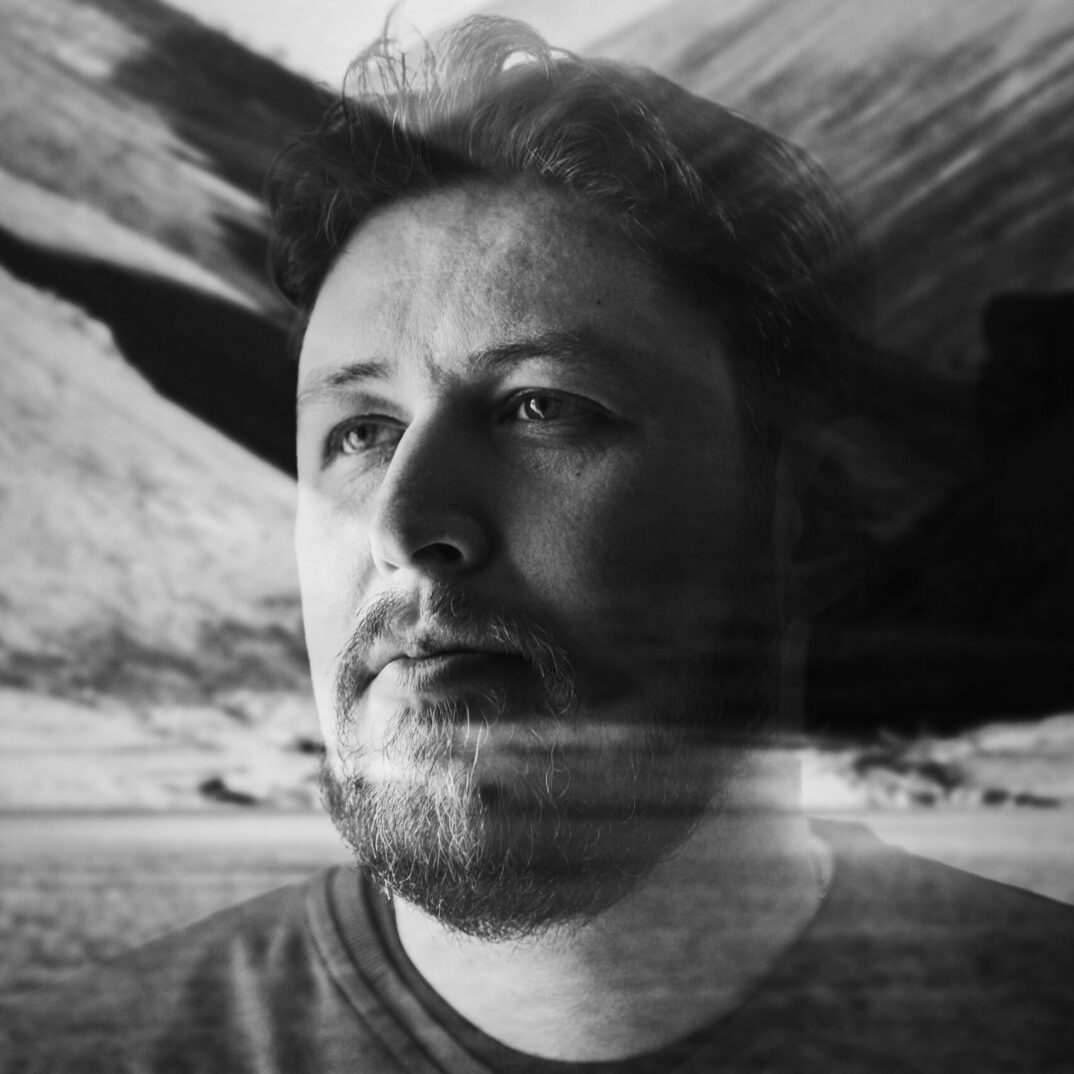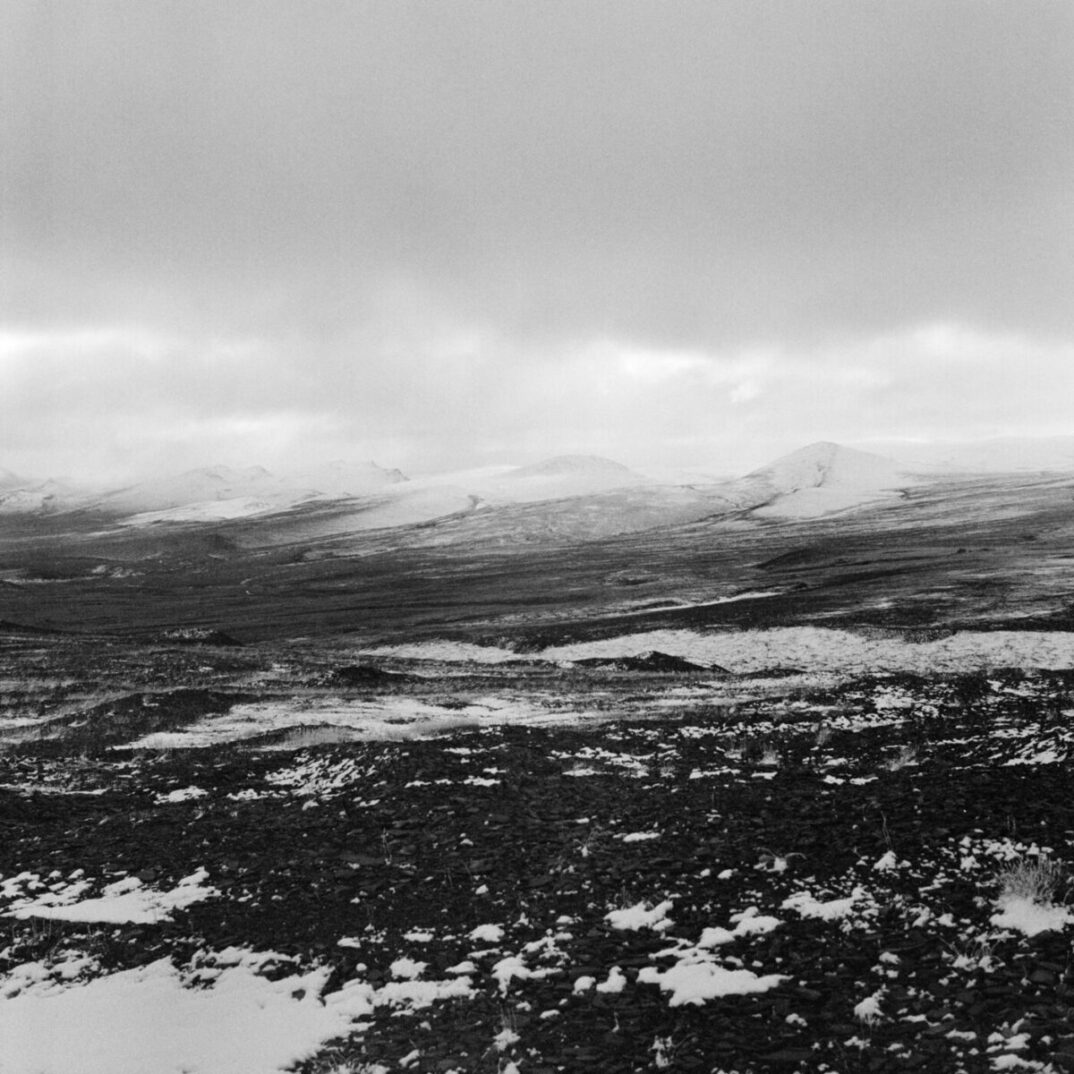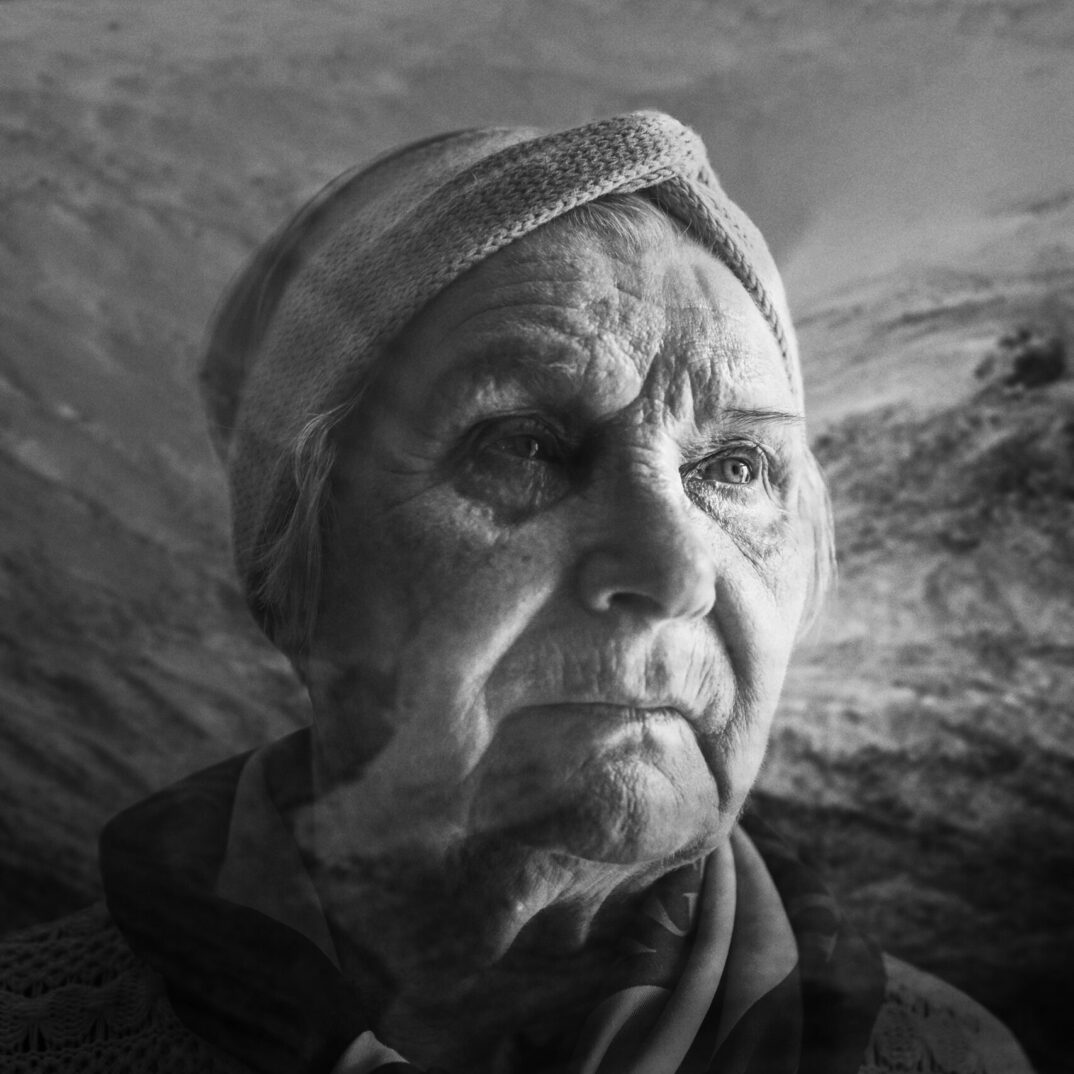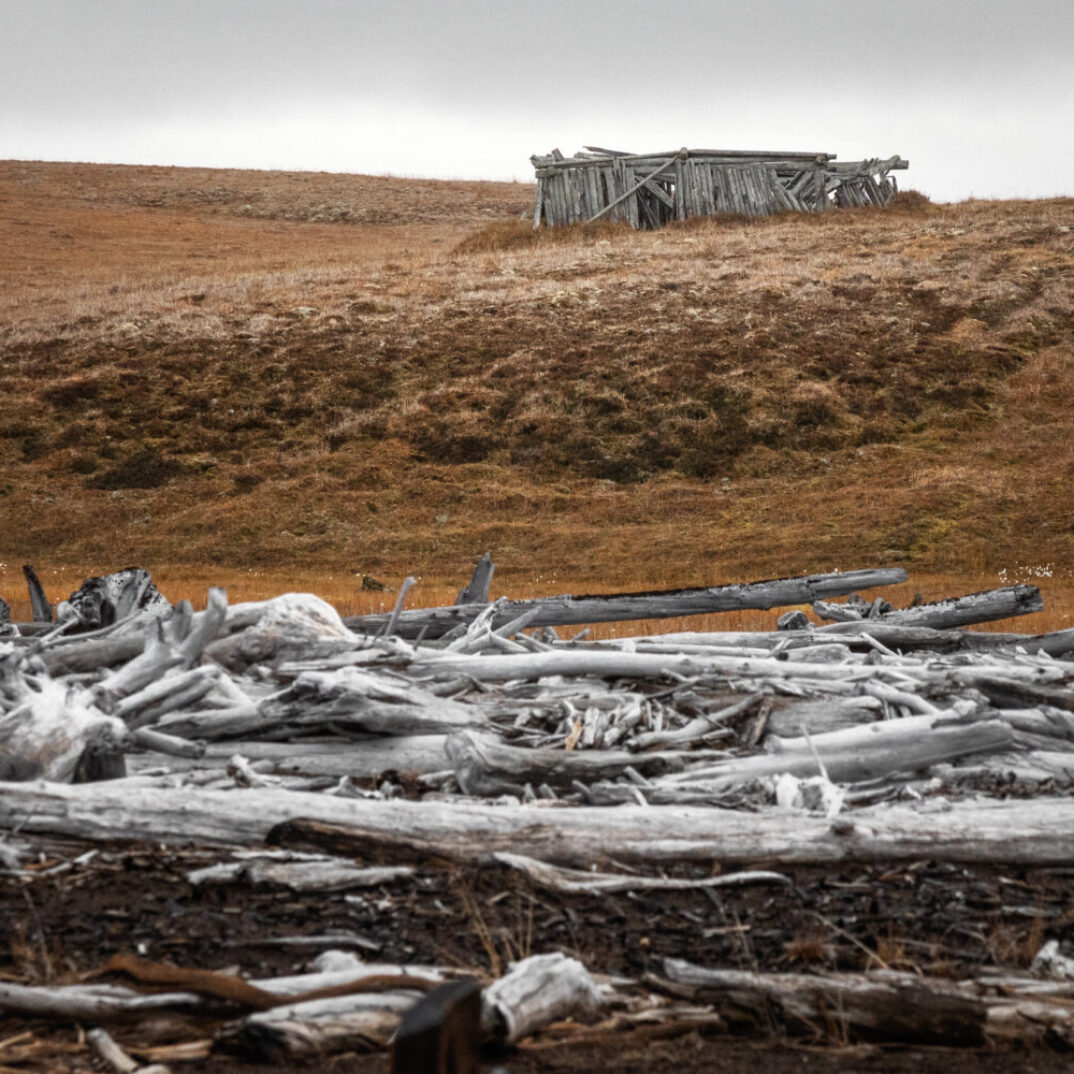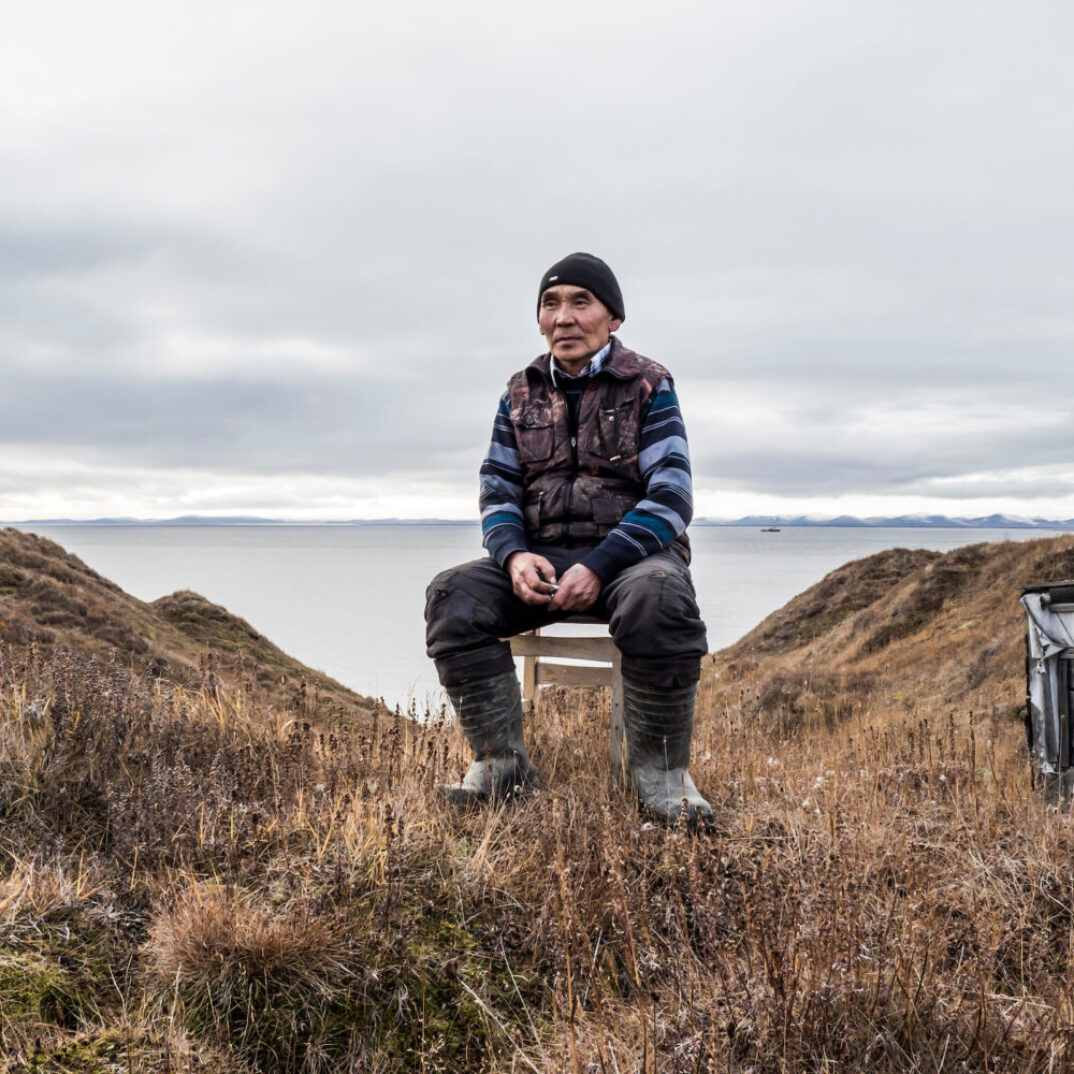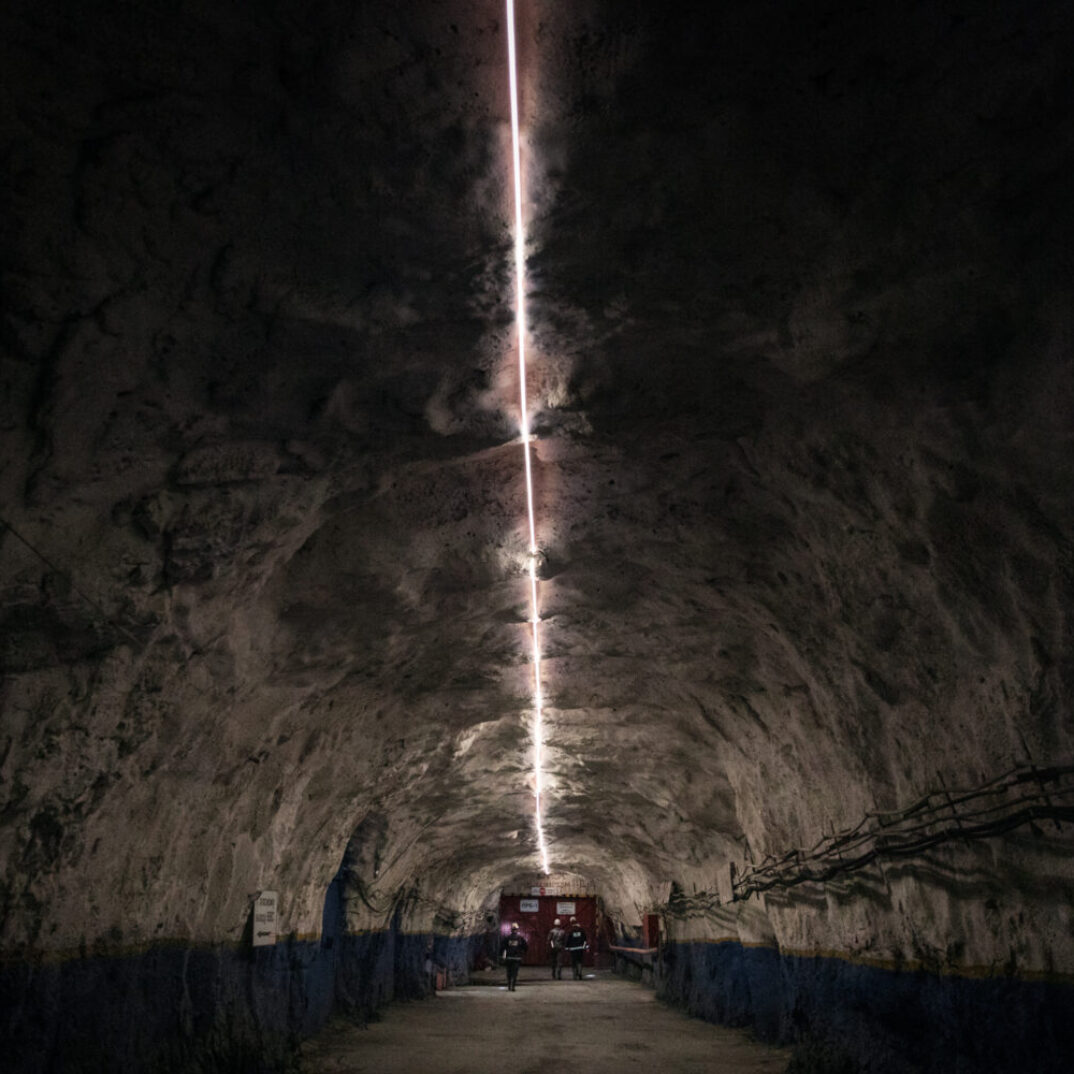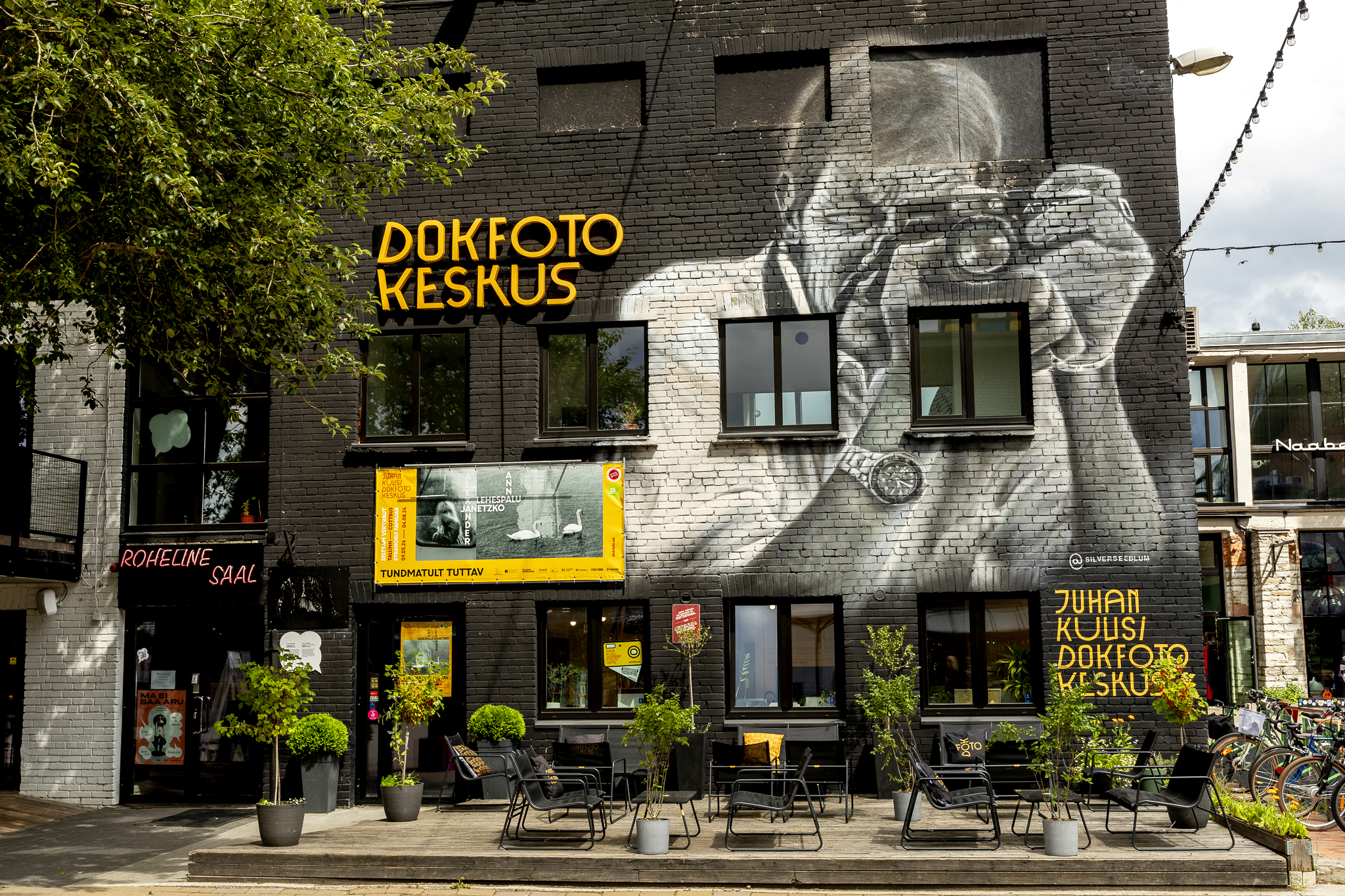For visitors
Adults 7 €
Concessions* 5 €
Supporters’ ticket 15 €
Documentary Photo Club Membership 25 €
Both the Museum Card and the Tallinn Card are accepted at the Documentary Photo Centre.
Free admission is available to children and students up to 18 years old, members of the Documentary Photo Centre Club, visitors with disabilities and their companions, and war refugees.
*Discounted ticket (with relevant documentation): Full-time teachers and lecturers, university students, pensioners, conscripts of the Republic of Estonia, and members of the Documentalists’ Guild (based on a provided list).
Opening Hours:
Wed–Fri: 2:00 PM – 6:00 PM
Sat-Sun: 12:00 PM – 6:00 PM
Visits outside regular hours are available for curator tours, school groups, private and group visits, special events, and more.
toomas@dokfoto.ee
ph: +372 5010777

